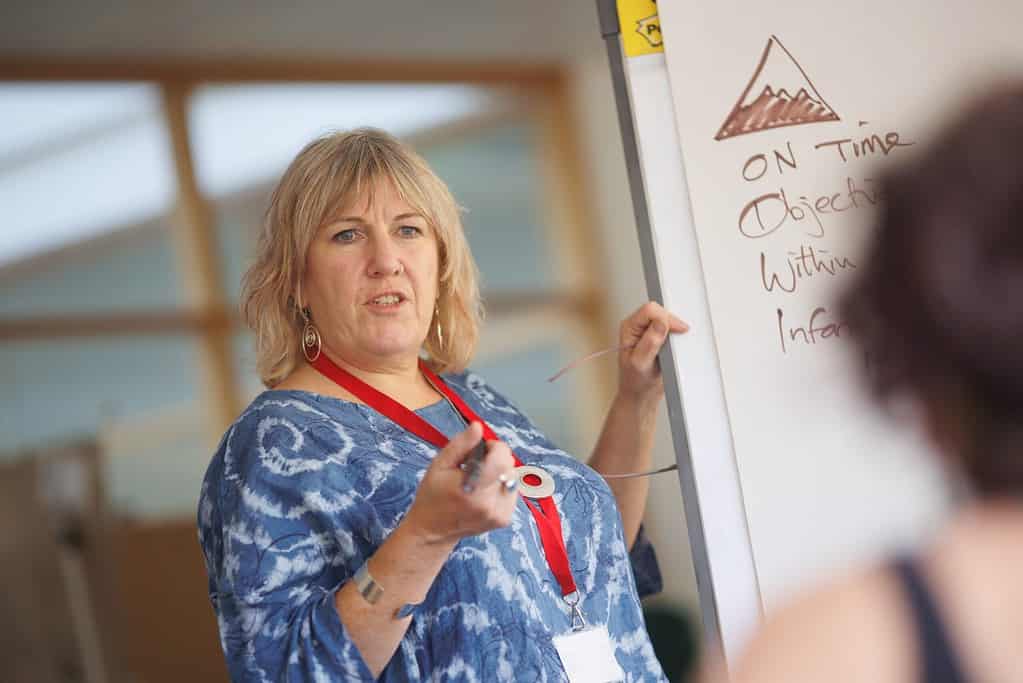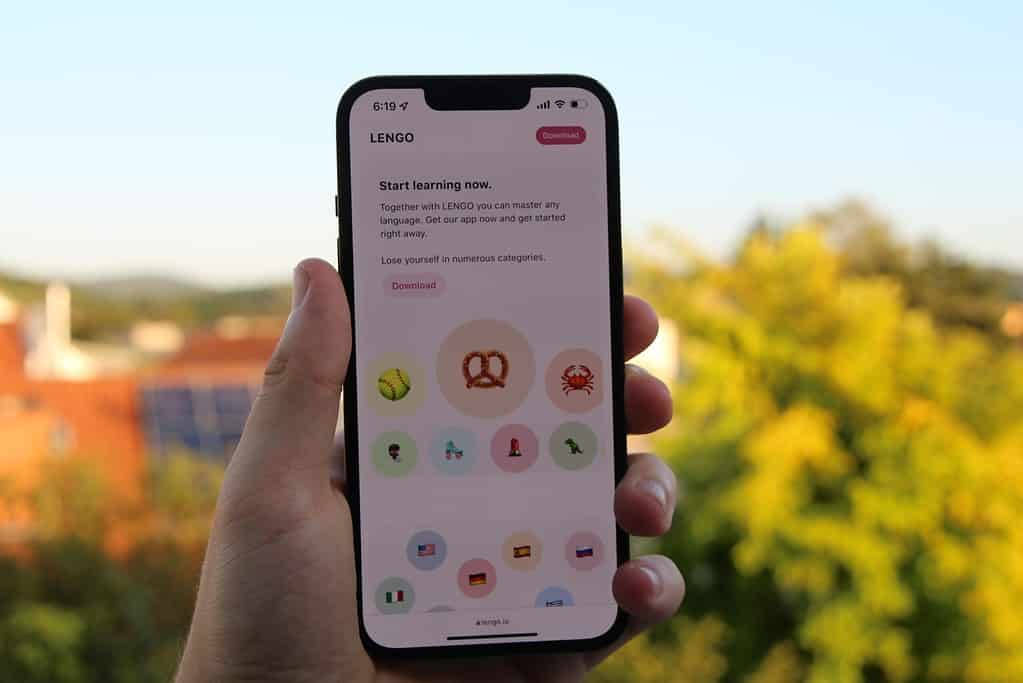Introduction to Common French Learning Myths
Learning French opens a door to a rich tapestry of art, literature, and culture, yet a host of myths continue to deter many prospective learners. Misconceptions about the language’s difficulty or the need for living in France cast shadows over an endeavor that, in reality, can be both enjoyable and attainable. Many English speakers wonder if their similar vocabulary and shared Latin roots with French might make the journey easier than they expect. For those ready to challenge these myths and start speaking French confidently, innovative resources like swaplang offer 1-to-1 private video exchanges that bring practice directly to you.
This article dives into some of the most common myths surrounding French learning, reviewing evidence from language experts and real learner experiences. As we debunk these myths, we’ll include insights from trusted sources such as a Talkpal article on French myths and research from language institutions to help you chart a more rewarding path to fluency.
Myth: French is Too Difficult for English Speakers
A prevailing notion is that French is an exceptionally difficult language for English speakers. This belief largely stems from comparisons of French grammar and pronunciation to other languages. However, the reality is more encouraging. French and English share thousands of cognates—words that look and sound similar with nearly identical meanings—which considerably smoothen the learning curve. The Latin influence on both languages acts as a bridge, making it easier to build vocabulary and understand sentence structures.
For example, many learners find that the initial hurdle is the unfamiliarity with certain sounds rather than an insurmountable complexity of grammar. As discussed in a detailed Talkpal overview, systematic practice and proper pronunciation exercises can quickly dissolve this myth, proving that French is very accessible once you get started.
Myth: You Must Live in France to Become Fluent
Another pervasive myth suggests that immersion in France is the only path to genuine fluency. While it’s true that being surrounded by native speakers offers practical advantages, the rise of technology and digital learning resources has changed the landscape considerably. Today’s language learners can take advantage of virtual exchanges, online courses, and multimedia content such as films, podcasts, and music, all of which provide immersive experiences without the need for long-haul travel.
In fact, enthusiasts around the globe have reported significant progress using remote conversation platforms that match learners with native speakers. Whether through structured lessons or casual chats, platforms like swaplang provide a flexible and engaging way to learn French, reinforcing that physical proximity to France is far from a prerequisite for success.
Evidenced-Based Insights from Language Experts
Experts in the field of language education advocate for a more realistic view of learning French. Research consistently shows that the key to language fluency is not a mysterious gift of linguistic talent but rather consistent practice and exposure. Language experts emphasize that progress may be non-linear; some weeks you might see rapid improvement, while other periods call for persistence through challenging topics.
For instance, studies cited by reputable sources like EF’s language blog highlight that regular and varied practice—speaking, listening, reading, and writing—is far more effective than aiming for perfection in grammar or vocabulary. Active recall techniques, as recommended by research from the University of Waterloo, have been shown to accelerate learning by challenging your memory to adapt and retain new information.
Such insights debunk the myth that a natural talent is necessary for fluency. Rather, they demonstrate that an irregular but dedicated practice routine can transform potential hurdles into stepping stones toward conversational mastery.
Encouraging Success Stories from Learners
The true power of debunking myths comes alive in the shared experiences of learners who overcame obstacles to achieve fluency. Take the case of Maria, an English speaker who initially doubted her ability to learn French due to its presumed difficulty. By integrating regular voice exchanges with native speakers, aided by platforms like swaplang, she not only improved her pronunciation but also built the confidence to engage in meaningful conversations.
Similarly, John, who believed that a Western lifestyle would prevent him from fully embracing French, found that his commitment to short daily sessions and a variety of learning tools allowed him to progress steadily—even without relocating to France. Their successes underscore the importance of consistency and an open mindset, rather than geographic or inherent linguistic limitations.
For further inspiration, exploring narratives like those found in articles such as insights into local French slang can illuminate practical, everyday language usage that resonates with genuine experiences.
Practical Tips for Overcoming Language Learning Barriers
Moving past myths requires actionable strategies that make language learning both effective and engaging. Begin by setting a realistic schedule that incorporates short, daily practices. Even 15 minutes of focused study can yield incremental improvements, as demonstrated by research from the University of Edinburgh. Consider pairing this routine with interactive sessions on platforms like swaplang, where you can speak directly with native French speakers in a secure and ad-free environment.
Another practical tip is to embrace the non-linear nature of language learning. Some lessons may seem challenging at first; instead of getting discouraged by temporary setbacks, view them as part of the natural ebbs and flows of acquiring a new skill.
Utilize resources that align with your learning style. If you’re a visual or auditory learner, incorporate French films, podcasts, or music into your study schedule. Additionally, employing active recall and self-quizzing techniques can help reinforce new vocabulary and grammar rules.
For those who find technology an asset in their language journey, exploring articles on integrating digital tools, such as using tech in language practice, offers further insights into making learning more dynamic and fun.
Conclusion: Motivation and Next Steps
Dispelling myths about learning French is the first step toward embracing the language with confidence and enthusiasm. The belief that French is too complex or that immersion in France is essential simply does not hold up under scrutiny. With consistent practice, the right strategies, and readily available digital tools, English speakers can achieve fluency on their own terms.
Your journey to mastering French is uniquely personal. Remember that building conversational skills is an evolving process filled with ups and downs. As you challenge these longstanding myths, consider integrating supplementary resources and conversation exchanges reflected in our discussion.
To start your adventure on a path tailored to your schedule and lifestyle, visit swaplang and explore their free trial sessions. Keep an open mind, practice regularly, and transform these myths into milestones of growth on your journey to fluency.

















